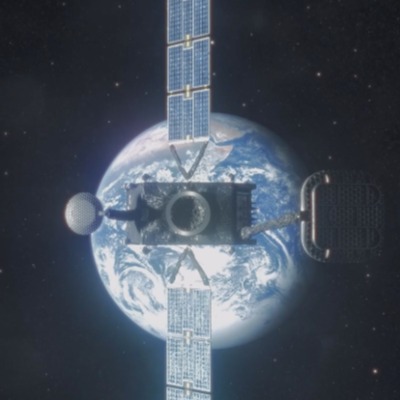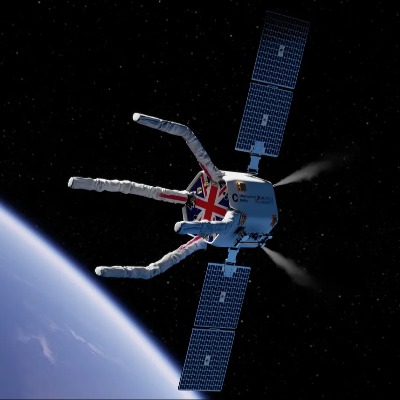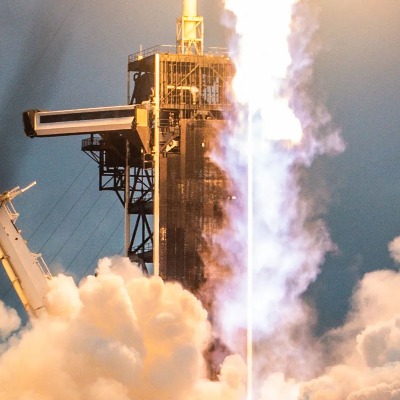UK Space Agency Blasts Off With Nuclear Power: Funding Fuels Race To Space Reactors

The UK Space Agency is igniting its ambitions for deep space exploration by awarding a £1.18 million ($1.5 million) grant to a collaborative project developing nuclear reactors for space missions. This significant investment fuels the race to develop clean and powerful energy sources that will propel future astronauts further into the cosmos.
The project, a joint effort by Rolls-Royce and US firm BWXT Advanced Technologies, will focus on advancing fission nuclear reactor technology. This type of reactor generates electricity by splitting atoms, offering a far more potent and reliable energy source compared to traditional solar panels used on most spacecraft today.
"Nuclear power has the potential to dramatically increase the duration of future space missions and their scientific value," said a Rolls-Royce spokesperson in a press release [1].
The funding comes from Phase 2 of the UK Space Agency's International Bilateral Fund (IBF), which fosters collaboration between British and international space agencies. This joint venture with the US reflects a growing global interest in nuclear space propulsion, with NASA also actively pursuing similar research.
The project aims to identify and refine the most efficient technologies for a space-faring nuclear reactor. The ultimate goal is to create a compact and robust system capable of powering everything from lunar bases to deep space exploration vehicles.
Benefits of nuclear reactors in space exploration are numerous. Unlike solar panels, which lose efficiency further from the sun, nuclear reactors can provide consistent and abundant power, regardless of distance. This opens doors for missions to distant asteroids, moons, or even Mars. Additionally, nuclear reactors can generate enough energy to support larger spacecraft, enabling the possibility of habitats with artificial gravity and advanced life-support systems.
The UK Space Agency's backing of this project signifies a bold step towards a future where nuclear power propels humanity's journey into the cosmos. The success of this collaboration has the potential to revolutionize space travel, paving the way for longer, more ambitious missions, and ultimately, a deeper understanding of our universe.




